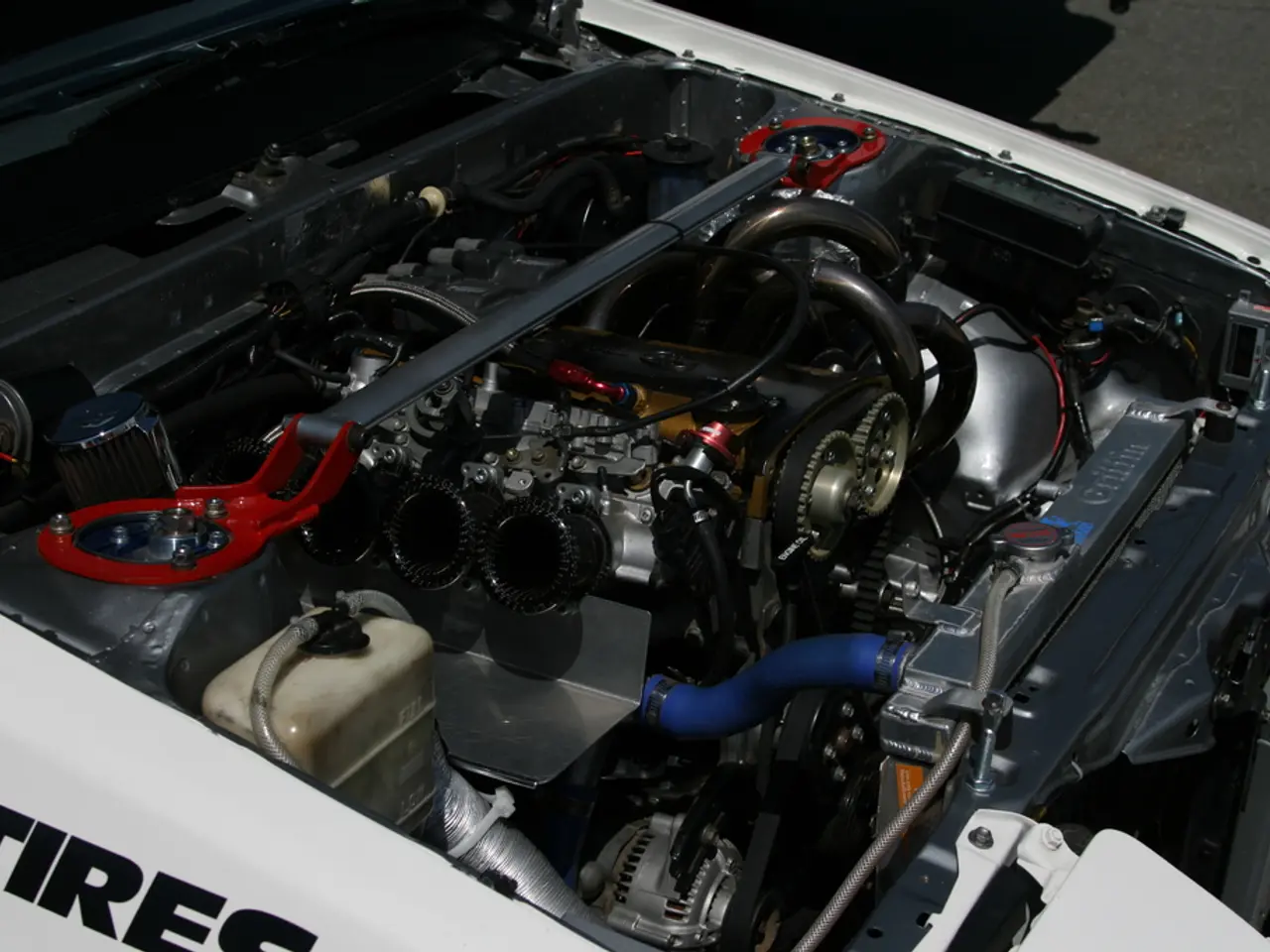Revolutionary Hyundai Battery to Transform Electric Vehicles and Potentially Rule the Global Car Market
Hyundai's latest innovation in battery technology is set to revolutionize the electric vehicle (EV) industry, with the company's new PHP technology promising to improve battery efficiency, safety, and charging times. The PHP technology uses refrigerant vibrations and circulation to disperse heat through ultrathin tubes, enabling more than ten times effective heat transfer than standard aluminum cooling systems.
The PHP technology is a significant step forward in addressing the efficiency and safety challenges in hybrid and electric vehicles. By maintaining a stable and optimal temperature across battery cells, PHPs prevent overheating that can reduce battery performance, thus ensuring consistent energy delivery and extending battery life. Effective heat diffusion also reduces the risk of thermal runaway, a dangerous condition where battery heat can cause catastrophic failures, especially during the high thermal loads of ultra-fast charging.
The rapid and efficient heat removal allows batteries to accept higher charging currents without the typical heat constraints, significantly reducing EV charging times. The PHP technology is also gravity-independent, making it well-suited for the dynamic conditions inside moving vehicles. Moreover, the technology is ultra-thin (0.8mm thick), allowing seamless integration into battery modules without adding bulk, and Hyundai Mobis uses a manufacturing process that enables cost-effective large-scale production.
The new battery technology is not just a technical breakthrough but also a potential game-changer in the EV landscape. With its innovative design inspired by cooling systems used in computers and smartphones, the PHP technology is expected to make EVs more appealing to consumers. This advancement represents a significant step toward wider adoption of electric vehicles by addressing key limitations related to battery thermal stability during fast charging.
Hyundai's recent advancements are not limited to battery technology. The company recently built an EV factory in Georgia, marking the state's largest economic development project ever. Moreover, Hyundai's advancements are reshaping how vehicles handle snowy conditions without requiring chains or socks.
In summary, Hyundai's PHP system enhances thermal management in EV batteries by enabling faster charging, improving battery lifespan and reliability, and increasing overall safety during operation and charging. This advancement is expected to transform the electric vehicle industry by improving performance, safety, and efficiency while promoting broader EV adoption.
[1] Hyundai Mobis. (2022, April 12). Hyundai Mobis Develops Pulsating Heat Pipe Technology for Next-Generation Battery Cooling System. Retrieved April 17, 2022, from https://www.hyundaimobis.com/en/news/2022/04/12/hyundai-mobis-develops-pulsating-heat-pipe-technology-for-next-generation-battery-cooling-system/
- The innovation in PHP technology, a significant improvement in battery cooling systems by Hyundai Mobis, holds the potential to revolutionize the automotive industry, particularly the electric vehicle segment, by addressing efficiency and safety challenges.
- The implementation of PHP technology in Hyundai's EV batteries can lead to reduced charging times due to the technology's ability to efficiently remove heat during the charging process, making EVs more practical and appealing for consumers.
- Besides battery technology, Hyundai's advancements extend to other areas such as manufacturing, as evident by their construction of an EV factory in Georgia, signifying their commitment to shaping the future of transportation and finance through technology.




